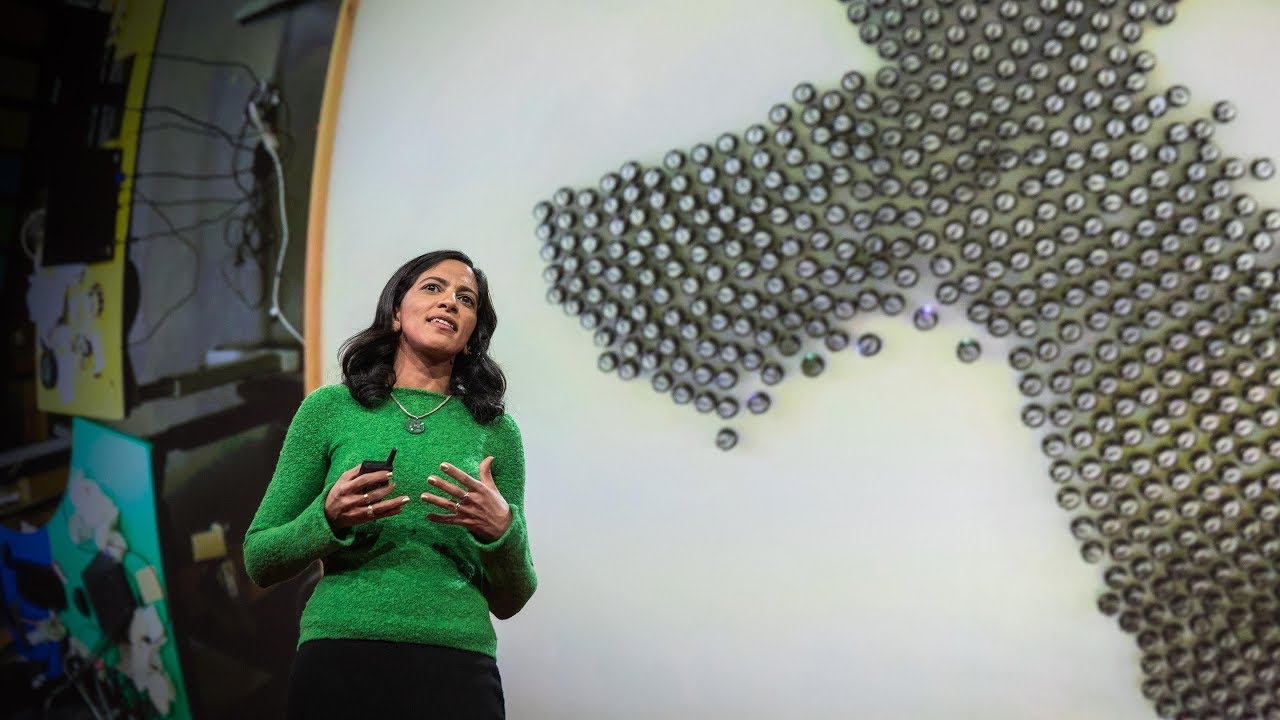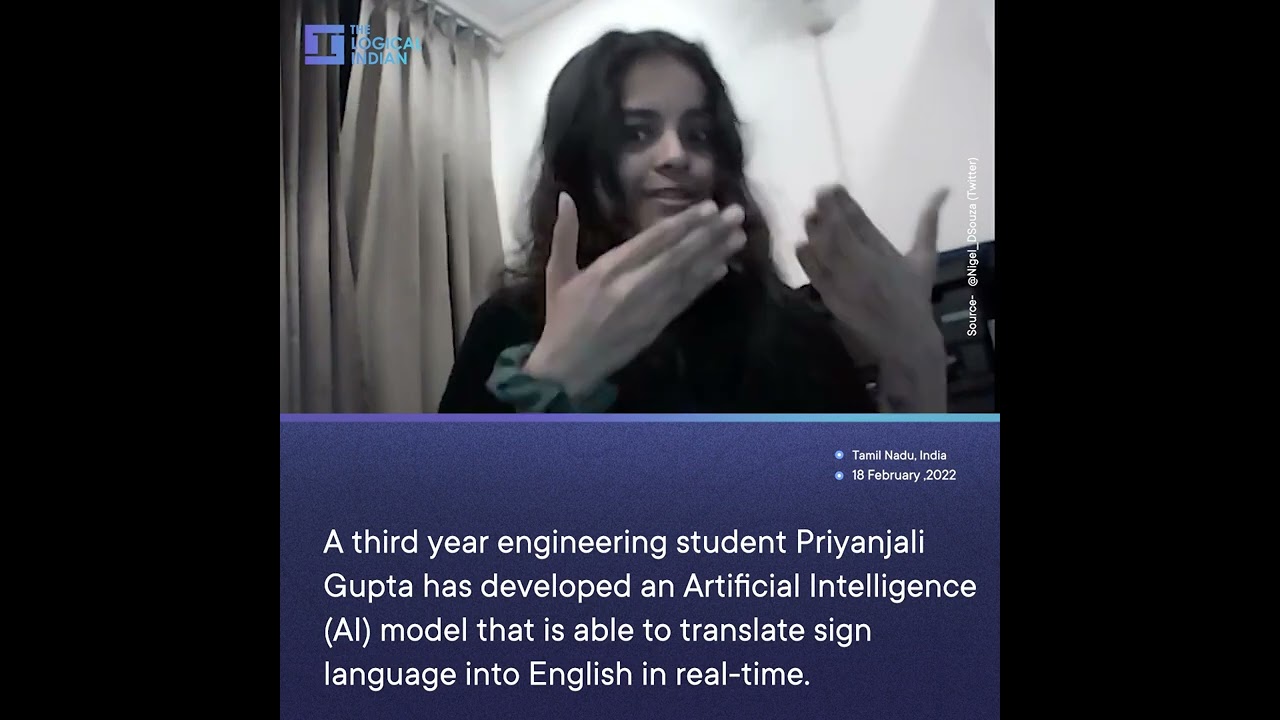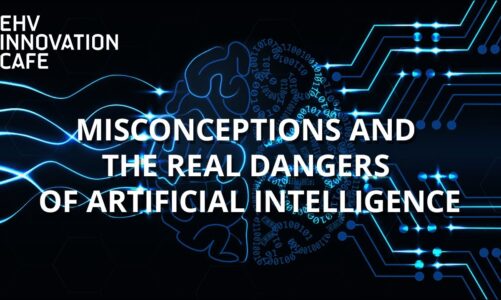br>UCAuUUnT6oDeKwE6v1NGQxug
Science fiction visions of the future show us AI built to replicate our way of thinking — but what if we modeled it instead on the other kinds of intelligence found in nature? Robotics engineer Radhika Nagpal studies the collective intelligence displayed by insects and fish schools, seeking to understand their rules of engagement. In a visionary talk, she presents her work creating artificial collective power and previews a future where swarms of robots work together to build flood barriers, pollinate crops, monitor coral reefs and form constellations of satellites.
Check out more TED Talks: http://www.ted.com
The TED Talks channel features the best talks and performances from the TED Conference, where the world’s leading thinkers and doers give the talk of their lives in 18 minutes (or less). Look for talks on Technology, Entertainment and Design — plus science, business, global issues, the arts and more.
Follow TED on Twitter: http://www.twitter.com/TEDTalks
Like TED on Facebook: https://www.facebook.com/TED
Subscribe to our channel: https://www.youtube.com/TED




The robots in assembling the K seemed kinda controlled in a way that they were numbered incrementally and had a starting/stop time associated with it. Isn't that how its not supposed to be?
Scary stuff.
Your own body is a collection of 50 trillion organisms working together to create a whole entity.
TFW fish have better schools than me
hi mate . omg resign i please result mlghtily score :3
Intelligent neurons, is not singular, but many works together to achieve one more thing. Never tired to achieve perfection.
We are, as human being, composed of a thousand billion cells, and these cells act together to keep the whole, while some cells live for years and others only a few hours. It's much better than a fish bench!
great to have ai and robots in future.we will just be having to sit there and looking at them doing all our jobs
IA era
Well done
….or they actually are teaching military drones in cells of 3 or more how they can work together…. good stuff, now we can finally see swarms.
Fist frame she excellent cash suddenly hay online lawyer.
Vocal frrryyyh
https://youtu.be/OT6CZu7B_9I
must watch more about time management a daily motivation 🙂
ArtiFISHal 😉
That type of collective intelligence has all but been forgotten in the human species… Good job highlighting that!
This is a kind of Tedd talk I've seen before. Interesting talk followed by genetic and boring cause-based lecture.
Humans obey rules structures right until we don't, which is actually an important part of human individuality. Treating people as a collection of generic workers is literally and figurtively dehumanizing.
Very interesting research!
Get a real job.
The thing is, code or "rules", will never be perfect. The best example would be the concept of coding a robot to keep a house clean. If the owner is the reason the house keeps becoming dirty, the a.i. will subtract the owner from the home (how ever it feels fit) to be able to keep the home clean. The coding would have to be so complex that it would confuse the a.i.. The "rules" would never be perfect, but it would work good enough for many cases.
If every living thing is replaced by robot, i wouldn't want to live in this world anymore.
LOL the last part, she choke with emotion( 哽咽)? She is really passionate about her job.
Fascinating robots, great talk, very inspiring!
Why not teach them about school of wolf?
Years from now: "Creator, does this unit have a soul?"
But y we have hardly 2-3 courses related to AI in Computer science majors?
I'm good with robots as long as they follow 3 laws of robotics by Asimov.
it's the geth
eight Does anybody identify one's better this variantA$ qmg
that was amazing
The way she gets emotional in the end – that's some true passion! Go technologists of the future
Very interesting talk, well presented, thank you.
the next 30 years of technological advancement is going to be MONUMENTAL in the history of Human Beings, barring any man made or nature driven(Divine) extinction level events.
good video.
There should be some kind of lectern on the stage, I do not like that naked stage!!!